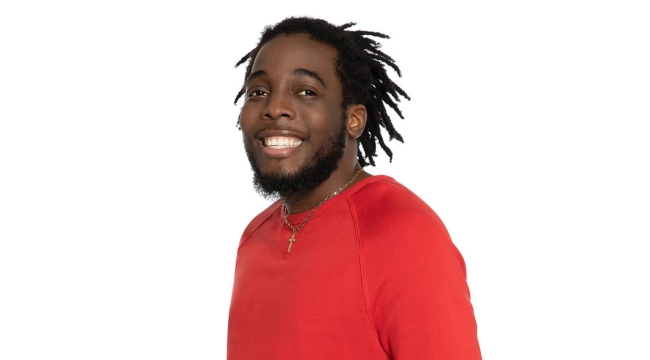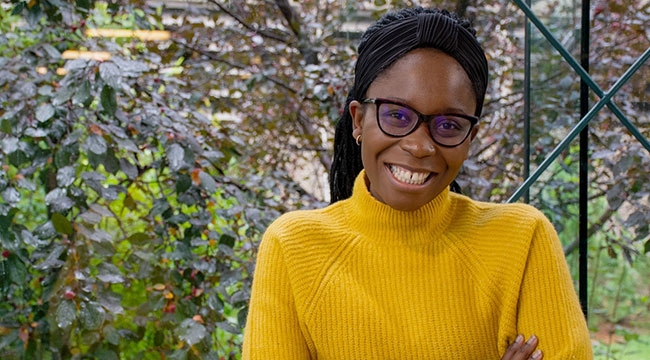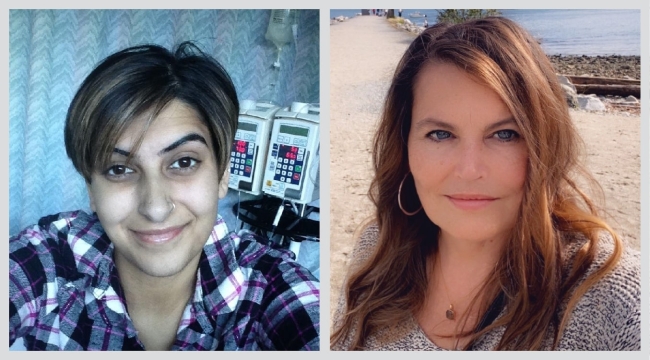African, Caribbean and Black registrants make up just 2 per cent of the stem cell registry
Members of Lambda Mu Mu — Canada's chapter — Omega Psi Phi Fraternity Inc., International 13th District share donors from Black communities are currently underrepresented in Canada's stem cell registry. They discuss how building awareness can make all the difference. The more people who register to donate stem cells, the better chance someone with a life-threatening blood disorder or blood cancer will receive a transplant.
Rare blood types by ethnic, racial and Indigenous groups
Some people have rare blood types that fall outside of ABO groups. The table below shows certain blood types are described only in specific racial and ethnic groups. That's why it's essential for donor diversity to match the patient diversity.
|
Black |
U negative; Jsb negative; Joa negative; Hy negative |
|
Filipino, Pacific Islander |
Jka negative Jkb negative (JK3 negative) |
|
Indigenous |
RzRz; Dib negative |
|
Latin |
Dib negative |
| South Asian |
H negative |
| Caucasian |
Vel negative, Kpb negative, Coa negative |
Composition of our blood donor base and the stem cell registry
Currently, people in Canada who are from ethnically diverse backgrounds are less likely to find a matching donor than someone who is white. Only half of the hundreds of people across Canada who are waiting for a stem cell transplant typically find a match, for instance.
This is because donors from these ethnically diverse communities are currently underrepresented in our donor and registrant pools.
It’s critical for us to further grow and diversify our donor and registrant pools to ensure that people from all communities in Canada can find their lifesaving match.




